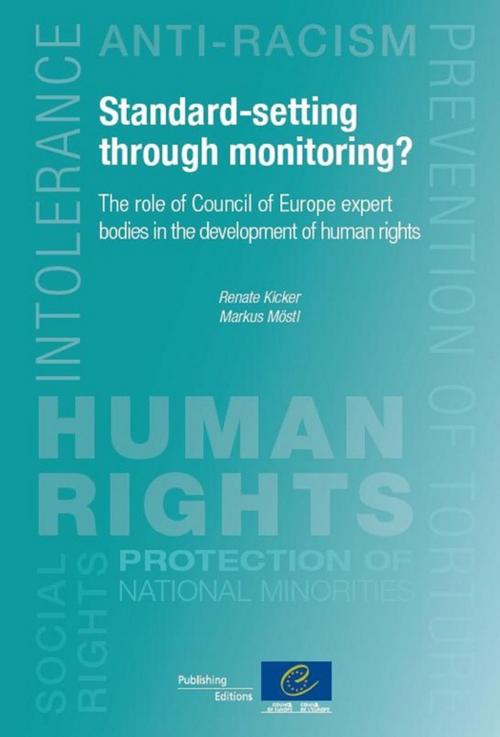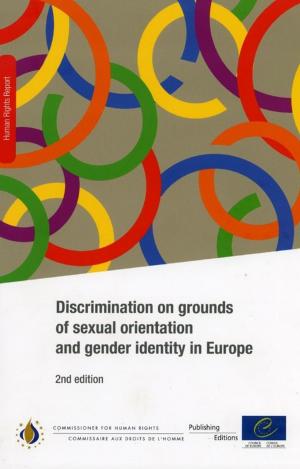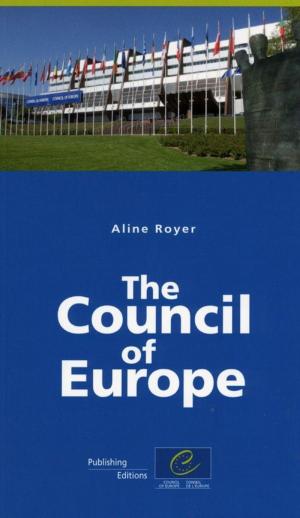Standard-setting through monitoring? The role of Council of Europe expert bodies in the development of human rights
Nonfiction, Social & Cultural Studies, Political Science| Author: | Collectif | ISBN: | 9789287176752 |
| Publisher: | Conseil de l'Europe | Publication: | April 1, 2013 |
| Imprint: | Conseil de l'Europe | Language: | English |
| Author: | Collectif |
| ISBN: | 9789287176752 |
| Publisher: | Conseil de l'Europe |
| Publication: | April 1, 2013 |
| Imprint: | Conseil de l'Europe |
| Language: | English |
A variety of mechanisms has been established in the Council of Europe to monitor compliance with human rights standards.This publication discusses four specific monitoring bodies, namely the Advisory Committee on the Framework Convention for the Protection of National Minorities, the European Committee for the Prevention of Torture and Inhuman or Degrading Treatment or Punishment, the European Commission against Racism and Intolerance, and the European Committee of Social Rights. By assessing and comparing the monitoring procedures and standard-setting activities of these expert bodies, the authors make an essential contribution to the discourse on the Council of Europe's role - both current and future - with regard to human rights.This book constitutes a rich source of information on the dialogue between the four committees and European states. It is addressed to practitioners, diplomats and decision makers at national level to deepen their understanding of the aims and functioning of Council of Europe monitoring mechanisms. Students and academics will gain a comprehensive insight into the legal bases, mandates and procedures of such mechanisms. Finally, it is hoped that the expert bodies themselves will gain much from the authors' analysis of present-day challenges for monitoring and the impact their implementation standards may have on the development of the European human rights order.
A variety of mechanisms has been established in the Council of Europe to monitor compliance with human rights standards.This publication discusses four specific monitoring bodies, namely the Advisory Committee on the Framework Convention for the Protection of National Minorities, the European Committee for the Prevention of Torture and Inhuman or Degrading Treatment or Punishment, the European Commission against Racism and Intolerance, and the European Committee of Social Rights. By assessing and comparing the monitoring procedures and standard-setting activities of these expert bodies, the authors make an essential contribution to the discourse on the Council of Europe's role - both current and future - with regard to human rights.This book constitutes a rich source of information on the dialogue between the four committees and European states. It is addressed to practitioners, diplomats and decision makers at national level to deepen their understanding of the aims and functioning of Council of Europe monitoring mechanisms. Students and academics will gain a comprehensive insight into the legal bases, mandates and procedures of such mechanisms. Finally, it is hoped that the expert bodies themselves will gain much from the authors' analysis of present-day challenges for monitoring and the impact their implementation standards may have on the development of the European human rights order.















